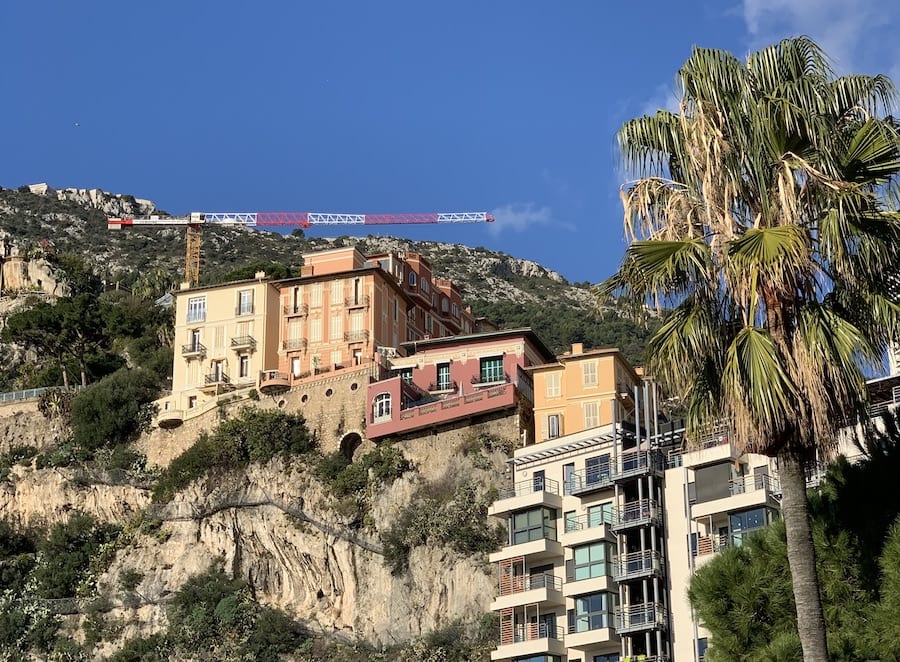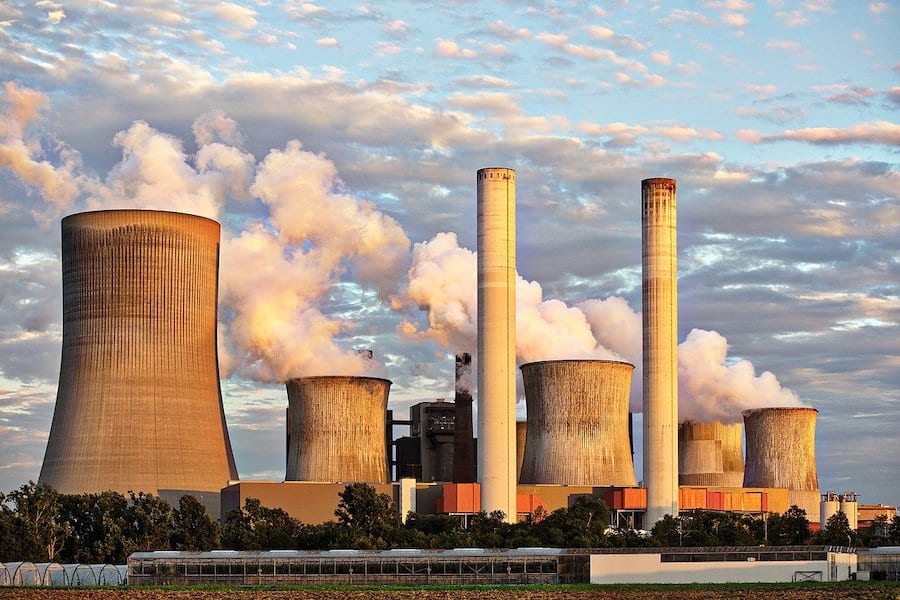The death of a 76-year-old on Wednesday marks the Principality’s 10th Covid-19 victim since the pandemic began.
Wednesday 27th January saw an additional 14 positive cases of coronavirus in Monaco, bringing the total to 1,413.
In communicating Monaco’s daily Covid count, the government revealed that a 76-year-old patient of the Princess Grace Hospital Centre who had tested positive for coronavirus had died. It is the 10th death of a Monaco resident linked to Covid since the start of the pandemic – seven of these deaths have been recorded within the first month of 2021.
There are currently eight people in intensive care, three of whom are residents. In addition, there are 43 people hospitalised in Monaco, and 27 of these are residents of the Principality.
Meanwhile, 152 people who tested positive with Covid and are experiencing mild symptoms are being followed in self-isolation by the Home Monitoring Centre.
An additional 20 recoveries brings that total figure to 1,180.
New Covid fatality recorded






